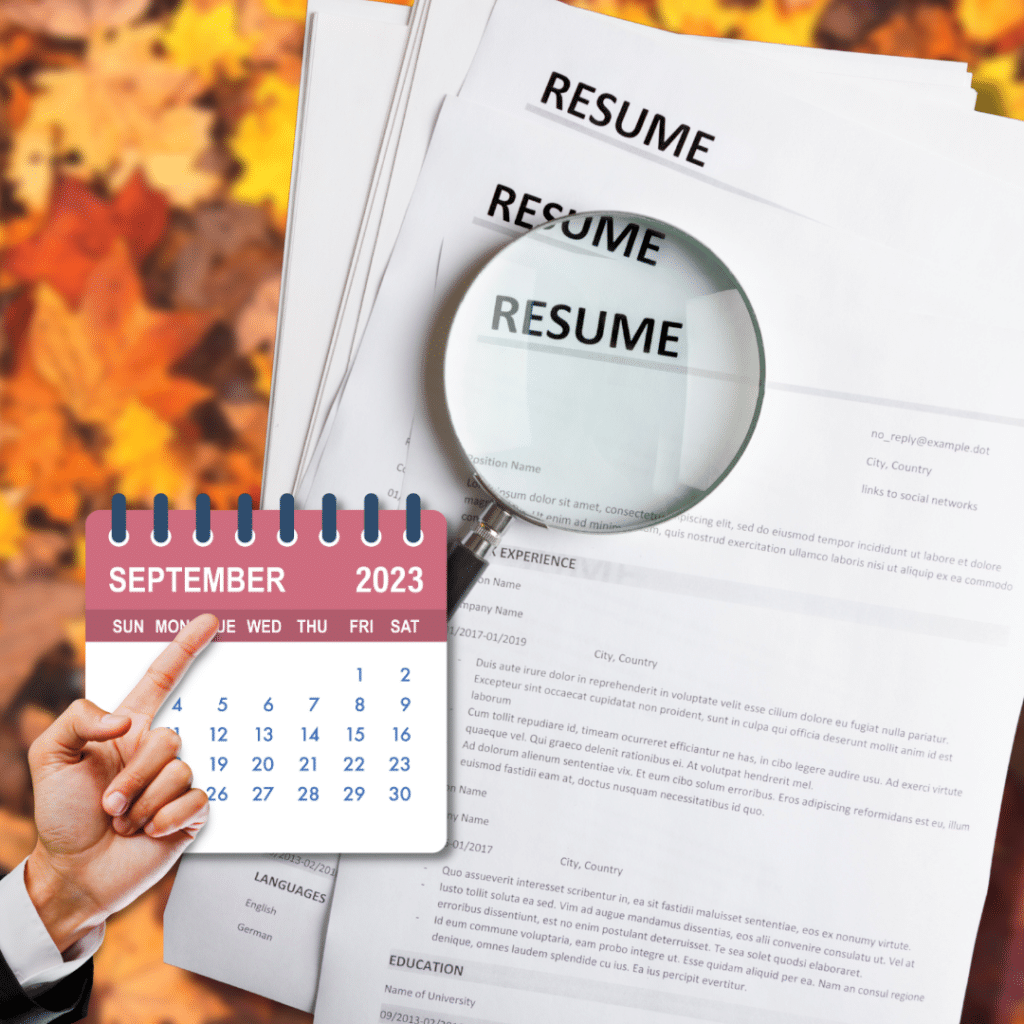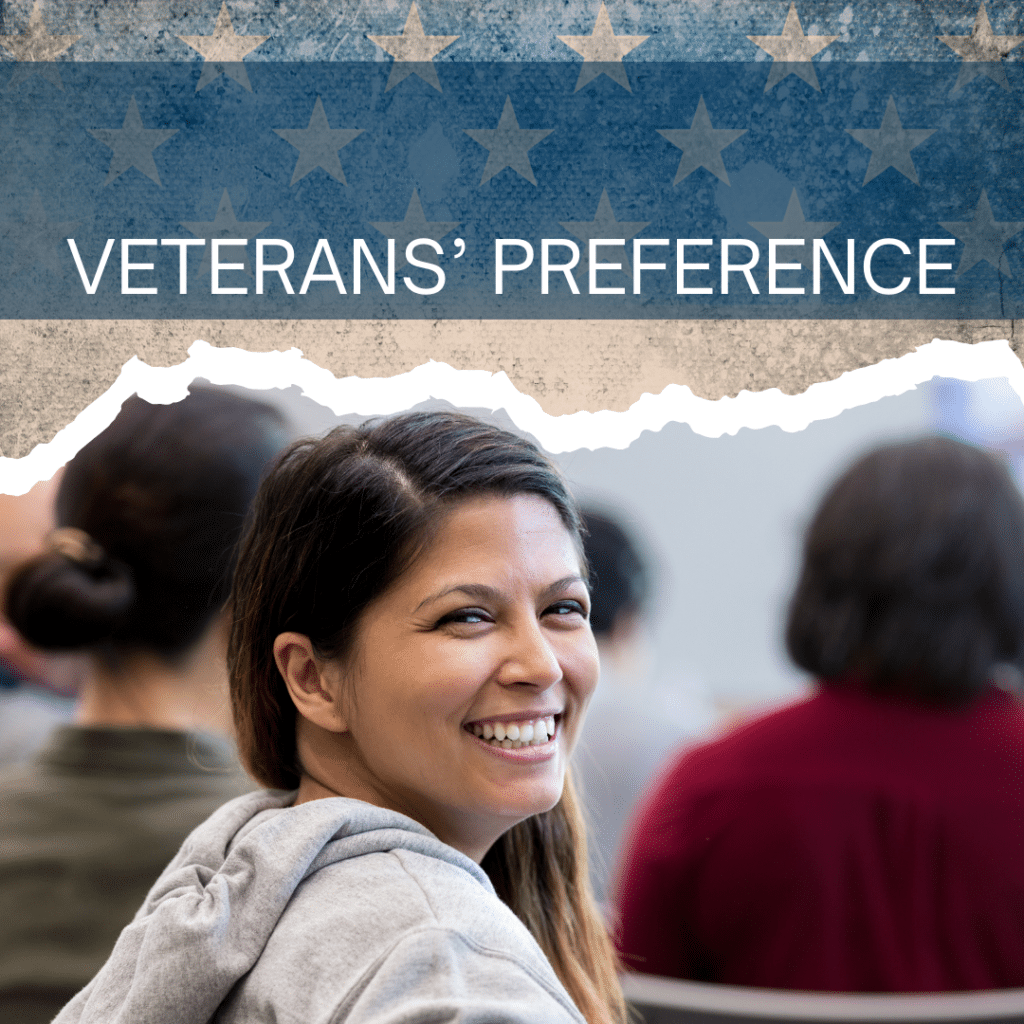When I think about the many ways our country shows gratitude to our veterans, the most tangible is found in ‘veterans’ preference.’
The roots of veterans’ preference can be traced back to the aftermath of World War I. As soldiers returned home from the grueling battles abroad, the nation recognized the need to reintegrate these brave men and women into civilian life. Beyond parades and memorials, there was a genuine understanding that these individuals deserved opportunities to build their post-war lives. Hence, the preference policy was born, giving military veterans a leg up when seeking government employment.
Veterans’ Preference Evolution Through Time
Congress continued to update and provide veterans’ preference to those who served beyond World War I. On March 3, 1865, just prior to the end of the American Civil War, Congress updated veterans’ preference to ensure those who served in the Army and Navy were given preference in civil appointments.
“Resolved by the Senate and House of Representatives of the United States of America, in Congress assembled, [t]hat persons honorably discharged from the military or naval service by reason of disability resulting from wounds or sickness incurred in the line of duty, should be preferred for appointments to civil offices, provided they shall be found to possess the business capacity necessary for the proper discharge of the duties of such offices” (Veteran Hiring in the Civil Service: Practices and Perceptions, August 2014).
Today, under the current the veterans’ preference policy, eligible veterans who apply for federal jobs are given preference over non-veterans. This means that if a veteran and a non-veteran have the same qualifications for a position, the veteran will be given preference and awarded the job. In some cases, veterans may even receive additional points on their application scores.
The policy has been expanded over time to include not only those who served during wartime but also those who served during peacetime. In addition, the policy applies to not just federal jobs but also some state and local government jobs.
The Importance of Veterans’ Preference
One of the main reasons for implementing veterans’ preference was to provide opportunities to veterans who may have been disadvantaged due to their time serving in the military. Many veterans face challenges when transitioning back to civilian life, including finding employment. Veterans’ preference helps to level the playing field and provide veterans with an advantage in the job market.
Another benefit of veterans’ preference is that it helps to ensure that the government has a diverse workforce. Veterans come from all walks of life and have a variety of skills and experiences. By giving them preference in employment, the government is able to tap into a diverse pool of talent.
There are some who argue that veterans’ preference can be unfair to non-veterans who are equally qualified for a job. However, supporters of the policy argue that veterans have made sacrifices for their country and deserve to be given preference in employment opportunities.
While veterans’ preference is an important policy, it is not a guarantee of employment for veterans. Veterans still need to meet the qualifications for the job they are applying for and compete with other candidates. However, veterans’ preference can give them an advantage and help them to better compete in the job market.
In conclusion, veterans’ preference is an important policy that recognizes the sacrifices made by veterans and provides them with opportunities for employment. While some may argue that it is unfair to non-veterans, supporters argue that it helps to ensure that the government has a diverse workforce and provides opportunities to those who may have been disadvantaged due to their time serving in the military.
Learn more about Veterans’ Preference:
This post was written by Nancy Segal in collaboration with Federal Career Connection, Inc., an independently organized educational nonprofit organization who are grounded in community service and commitment to helping individuals in career transition. Learn more about the partnership by clicking here!






